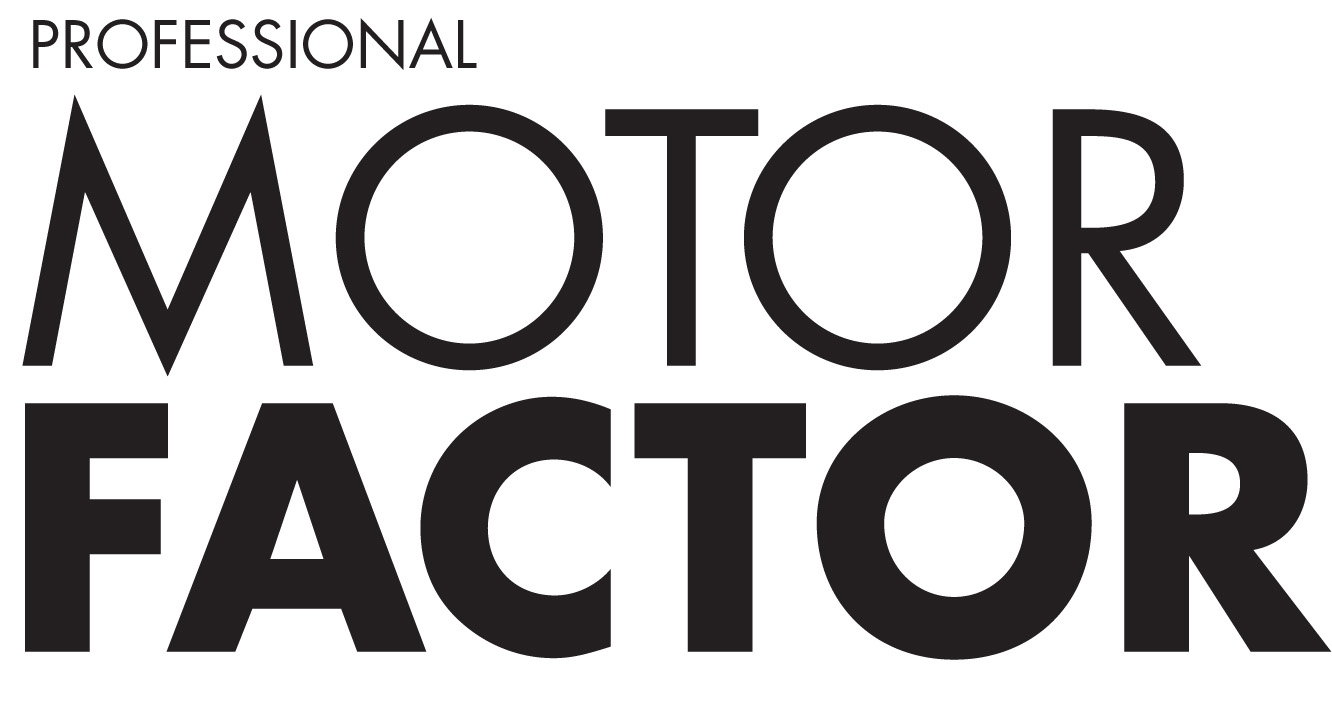Amy Blick: Don’t underestimate the power of people

We’re excited to introduce our new columnist, Amy Blick, founder of exhilHRate. Amy brings a fresh perspective and looks to take the guesswork out of HR, and we can’t wait for you to read her first piece.
Well, hello! I am excited to be here. Let me introduce myself: I am Amy Blick, a Chartered Fellow of CIPD. I have worked with global brands, household names and SMEs, with many years’ experience and expertise with a strong focus on retention, talent attraction and making the employee experience better than the basics.
Over the past months, my ‘people power hour’ has quickly become the must-have for business owners, directors and managers – why? The reason is simple: It is like having a full-time HR professional, when you need it most, to deep dive into your challenges, arming you with practical advice, and most importantly, confidence.
Questions I often get asked are: “How do I start reviewing performance?”, “How can I give feedback?”, “How can I extend a probation?” and “How can I make sure I am legally compliant?” and also the classic: “How can I have this tough conversation?”
I spoke at an event recently where the attendees were close in profile to the readers of PMF. Hard working SMEs, many family-owned businesses with small teams doing great things. All enthusiastic about what they do and finding it challenging to juggle the many tasks required to keep their business running smoothly, outside of their bread-and-butter offering.
My talk was on how to develop people on a smaller budget. Understandably, economic conditions have led to many businesses wielding the axe big time on budgets – motor factors are not exempt from this. With some buyers now going online, it is important to amp up the customer service, especially for trade customers where great service and reliability is everything. It can be tempting to cut costs to remain competitive but instead, consider investing a little more in your people. They are the arm’s length ambassadors for your business; the ones that can determine if a customer returns or not. Because good people are like good customers. They are in demand, so investing in the development of each member of your team will not only build their loyalty, but it will also help drive sales. Customers will remember the great service and advice they received from you. This feel-good factor – pardon the pun! – helps ensure they not only return, but they also recommend you to family and friends. If you are considering training for your team, please be assured you do not have to write a blank cheque to get results.
As I shared with a group of attendees that were keen to chat after my talk, if you want to keep the lid on any money you plan on spending for training, you must participate in the people planning process. Don’t leave the task of establishing great ideas to other people in your business. You must play a key role! Establish an informal meeting to share ideas on how you can develop your people from training for all to an individual’s specific needs:
What are the soft skills that need brushing up on? Start by identifying all the customer touch points and which members of your team are with a customer at each touch point. Include telephone, face-to-face, email and online responses.
How happy are you with their customer interactions? Asking team members what training they would like is a good start, as is asking customers – where your relationship is strong and longstanding – for their feedback on these touch points. From these simple tasks alone, you should be able to pinpoint the training that is required. And it will be money well spent because you are aligning it to what your business and your team needs.

Peaking into the future
A popular take out from my talk was identifying your stars for the future. Of course, this depends on the size of your business, but you will have great people in your team that you have an eye on for future roles. Today it can simply be a motivational talk from you with that team member and sharing more of your plans about the business and where they fit into your vision. At some stage, however, you may want to help them to fulfil a broader or more demanding role, so there is a need for specific training and mentoring. Start that conversation!
Not everyone is a star in your business, which is why a mentoring programme – members of your team supporting, inspiring, and encouraging others – is a low-cost way of bringing people on. Spoiler alert, the biggest mistake I’ve witnessed with these programmes is the lack of mentor training, which can lead to a programme falling flat on its face. Investing in some train the trainer/mentor training is a sound investment because the skills learned will be put to significant use repeatedly. And with so much training online nowadays, you don’t have to take a key person out of your business for many hours.
The same principle applies to expert ‘knowledge champions’. There will be people in your business brimming with experience, and expertise. This must be captured and shared. So, identify the support your knowledge champions will need and agree how you will share the spoils, so they can pass on their great takeaways to other team members.
Importance of employee and customer experience being parallel
Finally, I would like to touch on the importance of building a culture where your employee experience ranks alongside the ultimate customer experience. When I begin working with a small business with a remit to improve its bottom line through people development, I’m always keen to discover how it demonstrates staff appreciation – from the interview process to onboarding, mentoring and ongoing training. That’s because there is a definite link between employees knowing how much their employer appreciates them to low absenteeism and real motivation. This may sound like a dose of common sense, but few employers talk this language, so you can bet that if they’re not talking it, they’re not doing it.
So, how would your employees describe your company culture and, how do you make them feel valued? When you bring a new person on board, are they mentored? Do you have an induction programme, so they are not simply observing and making tea? A great starting point is looking at what you’re doing now with a critical eye. Because when you ask that question “how can we do better?” you have already stepped onto that road less travelled.
Please don’t think that my tips are for big businesses; SMEs are, in my humble experience, the most agile, adaptable, and creative people I’ve ever worked with. Everything I have learnt as an HR specialist, working with global brands, I have cascaded down to small businesses with remarkable success. As an SME you don’t have to wade through layers of bureaucracy and internal approval processes to implement my tips. Better still, once you have decided on a plan it can be actioned in weeks. To get started all it takes is a willingness to want to deliver more for your team and for your business.
I will be sharing more in future columns, but, for now, I hope you feel inspired to take a fresh look at your business and how you can amp up the people power!








